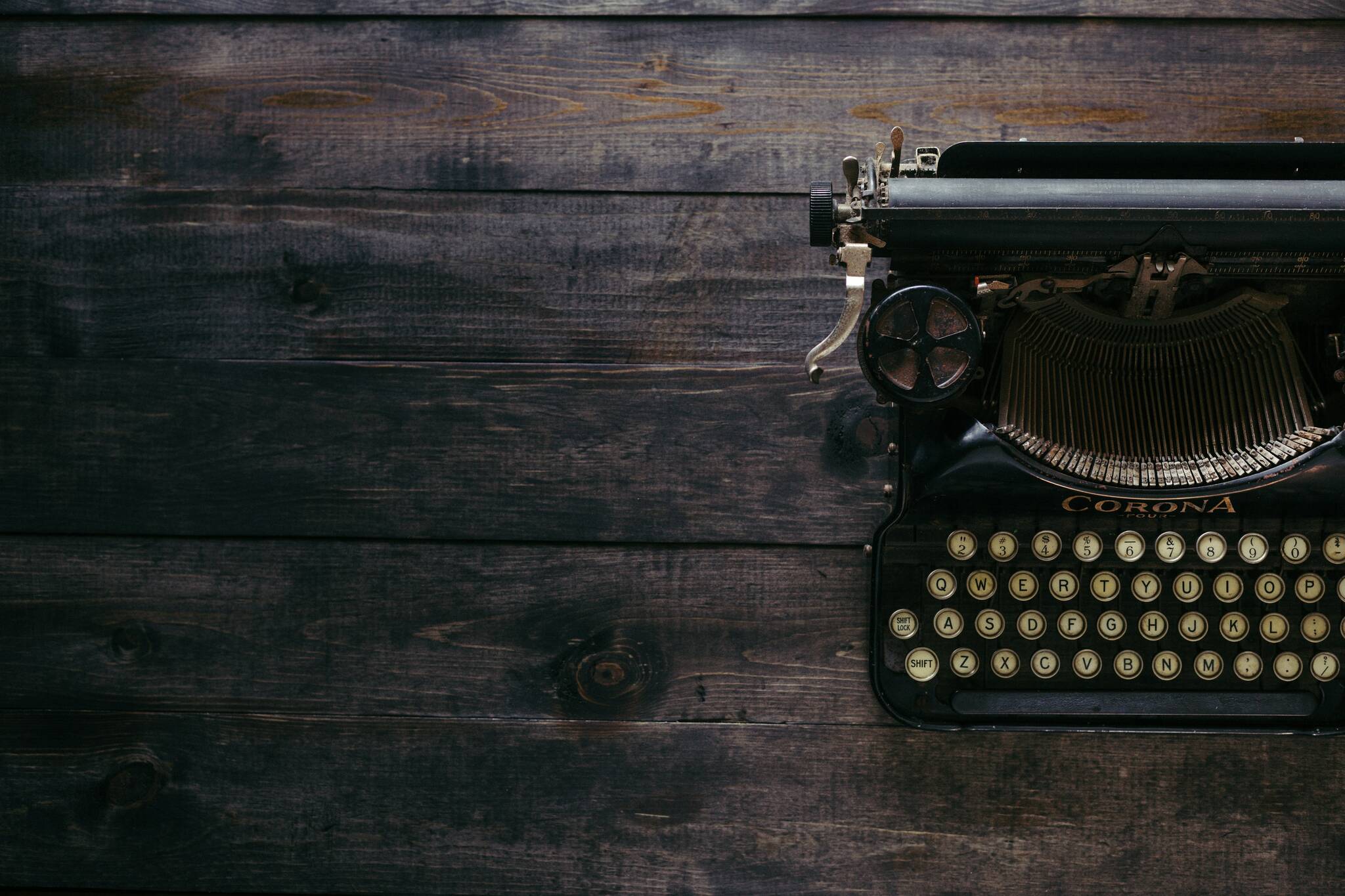What do Costa Rica, Taiwan and Cabo Verde have in common? They all rank considerably higher than the United States in the latest World Press Freedom Index rankings. Norway ranks first in the World Press Freedom Index; their constitution allows complete and total freedom to all journalists through Article 100. The United States ranks 42nd. That is why, now more than ever, U.S. public schools should be teaching students to practice freedom of the press. But they don’t do that because a 34-year-old Supreme Court decision gave school administrators the power to censor student journalists.
We advocate for the adoption of legislation to protect students practicing their First Amendment rights of free expression. Our Legislature should adopt a law like the Hawaii Student Journalism Protection Act to protect the press freedoms of our youngest journalists in schools. It’s the only way we can properly defend the rights proclaimed in our Constitution. Press freedom’s importance stems from journalists’ ability to communicate fairly and accurately. However, the 1988 Hazelwood School District v. Kuhlmeier Supreme Court decision allowed U.S. school administrations to censor students. School administrators could use further legislative guidance on the limitations of their authority.
Critical thinking and clear communication are two of the chief skills that secondary schools are charged with teaching, and student journalism is a crucial tool for cultivating both of those qualities as part of an exploratory learning process. Student journalists are the future of our democracy, and they need to be able to cultivate ideas and express them in an environment free of undue constraints. When school administrators favor their reputation over the educational benefits of real journalism, they are obstructing civics education. Student journalists should be able to report on their experiences and events that they are actively involved in without fear of administrators censoring their work. An atmosphere of administrative review skews the experience of student journalists in that it causes self-censorship in reporting on issues that are important to young people. Through this type of misguided administrative oversight, student journalists are being taught to defer to authority instead of questioning it which is a core function of journalism. Freedom of expression is the foundation of democracy, and if schools are discouraging students from expressing such rights, democracy will suffer in the long term along with future journalists’ ability to uphold it.
We are not saying that all the powers and responsibilities of the “freedom of the press” should be suddenly wielded by kindergarteners on their first day of school, but we are saying that schools should approach free expression in student media in a similar way they approach math. In kindergarten, schools teach students about numbers, how to count, and basic addition and subtraction. As they get older, students learn more advanced concepts. The same should be done for free expression in schools. When students are younger, there should be restrictions and guidelines on free expression so that students can learn what they should and should not do and how to practice free expression responsibly. As they grow older, the restrictions should begin to loosen. By high school, free expression in student journalism should be practiced with restrictions only for extreme circumstances of disruption and indecency; it should resemble how journalism is practiced in the field. In college, the only restrictions on student media should be the same restrictions found in the rest of the field.
For our state to be effectively governed by the people, they must be properly informed, and if students are not allowed to uphold our most valued journalistic principles and to build the confidence to speak truth to power, then the future of our democracy could start to resemble what existed before journalists fueled the American Revolution. Therefore, Alaska’s Legislature should recognize our place in history as in need of immediate action, and the public should recognize that student journalists in college, entering the field voluntarily with the public’s interest placed over their own, do so with a solemn regard for journalism’s place in the democratic process.
• Joseph Barranco, Lucas Wright, Riley Baird and Amy Bioff are students in the University of Alaska Department of Journalism and Public Communications. Columns, My Turns and Letters to the Editor represent the view of the author, not the view of the Juneau Empire. Have something to say? Here’s how to submit a My Turn or letter.

